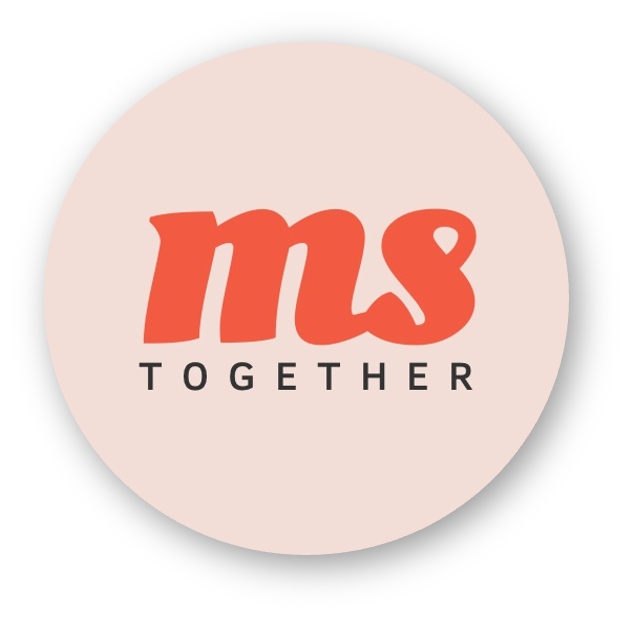Newly diagnosed – what to expect
MS affects everyone differently, and MS teams around the UK work in slightly different ways, so what you can expect will depend on a number of things:
The choices you make
It’s your MS journey and although you may be advised to take certain routes, it’s ultimately up to you to decide how you’d like to proceed with your care.
The availability of healthcare professionals
Some people will meet their MS nurse immediately after diagnosis but equally, you might also have to wait several weeks. Sometimes, waiting can be good as it gives you more time to adjust to your diagnosis and think about what questions you want to ask, or what your needs might be.
Your treatment options and choice
Your healthcare team may advise you to start looking at disease modifying therapies (DMTs) that aim to alter the course of your MS, but not everyone will be offered treatment straight away.
No matter what, once you have been diagnosed your healthcare team should clearly explain what will happen next and what to expect. If you do not receive this information or if you’re unsure, you should contact your neurologist, neurologist’s secretary, doctor or MS nurse to get answers.
Who do I need to tell?
There are a few people and organisations that you must tell about your diagnosis straight away:
If you drive, you must tell the DVLA (Driver and Vehicle Licensing Agency) as MS is a notifiable medical condition which may affect your ability to drive safely. However, it’s not as scary as it sounds; they will simply send you a form to fill out and may contact your doctor to ask for an assessment. You will either keep your full licence or be issued a short-term medical driving licence that is valid for one to five years; after this time, you will need to be reassessed.
If you have any insurance policies, such as health and motor insurance policies, you may need to inform your policy provider. Check the small print of your policy to see if you need to tell them straight away or when you come to renew the policy. If you’re unsure, give them a call.
In some jobs, you’ll need to tell your employer straight away, particularly if you are required to meet certain medical standards. Check your contract or employee handbook to see if this applies to you.
After that, it’s entirely up to you who you tell and when you tell them. Take all the time you need.
Products/Services that could make life that bit easier
- Sunflower lanyard – The Hidden Disabilities Sunflower enables people with non-visible disabilities to access the support they need. It allows someone to inform people around them that they have a non-visible disability and that they may need a helping hand, understanding, or simply more time.
- Radar key – The National Key Scheme (NKS) offers disabled people independent access to locked public toilets around the country. Toilets fitted with NKS locks can now be found in shopping centres, pubs, cafes, department stores, bus and train stations and many other locations in most parts of the country.
- The ‘I have MS’ card – A free credit card-sized card to help you explain you have MS and need wheelchair access or to use a toilet. On the other side it explains you need to sit down, or that MS is affecting how you talk or walk.
- Disabled Persons Railcard – Get 1/3 off train travel with a Disabled Persons Railcard.
- Blue Badge – Check your eligibility and apply for a Blue Badge.
